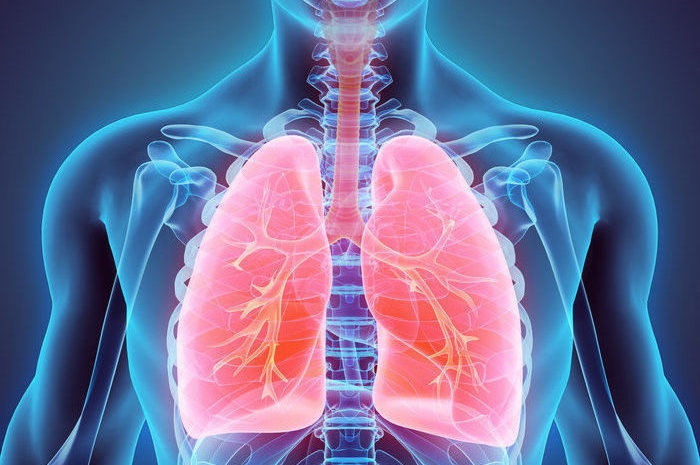As an EMS responder, you know how important a well-stocked trauma bag can be to the smooth running of emergency scenes. When you’re involved in the rapid, complex stabilization of a trauma patient, there’s nothing better than knowing that every piece of equipment you need is right within arm’s reach. A variety of dressings, assessment tools, and personal protection gear are all critical inclusions in your trauma bag. But none is so imperative as airway equipment, for without a patent airway, nothing you do for your patient will really matter.






















